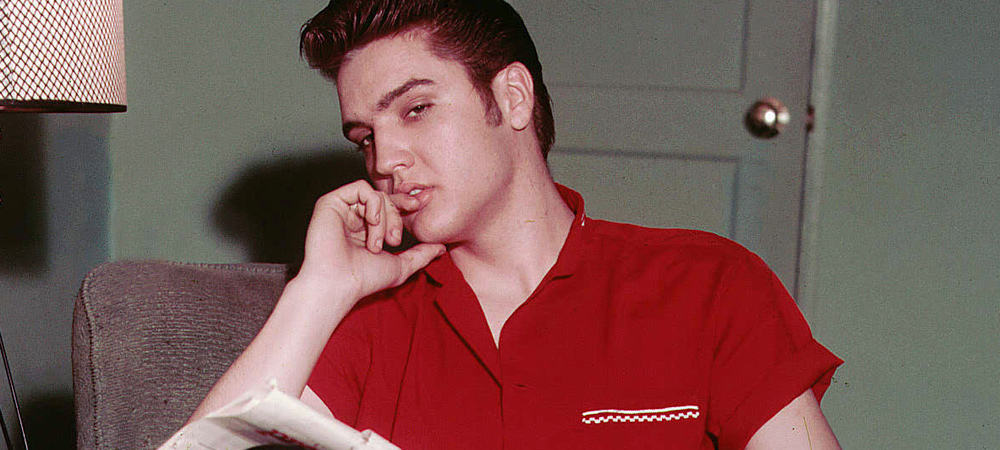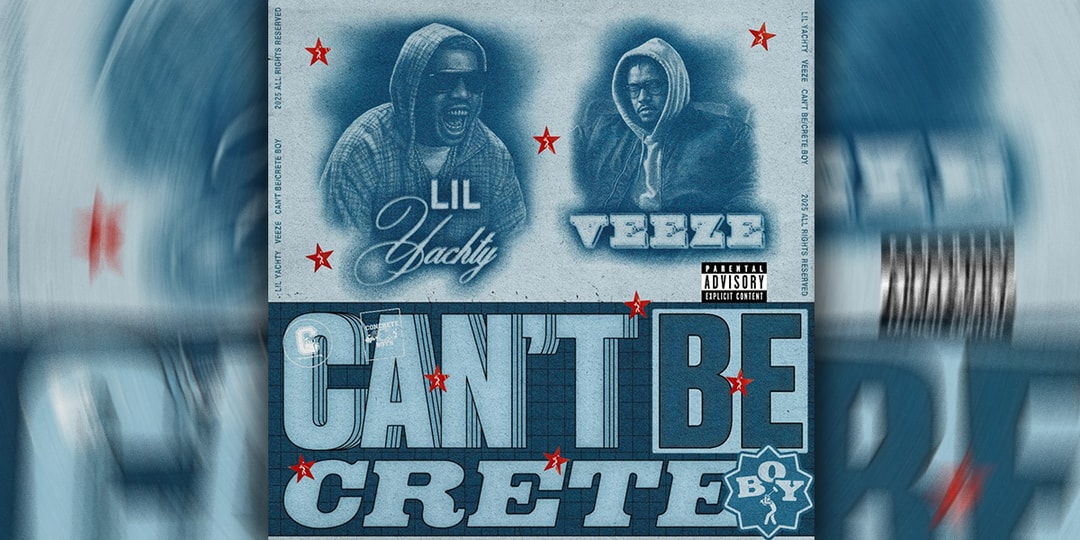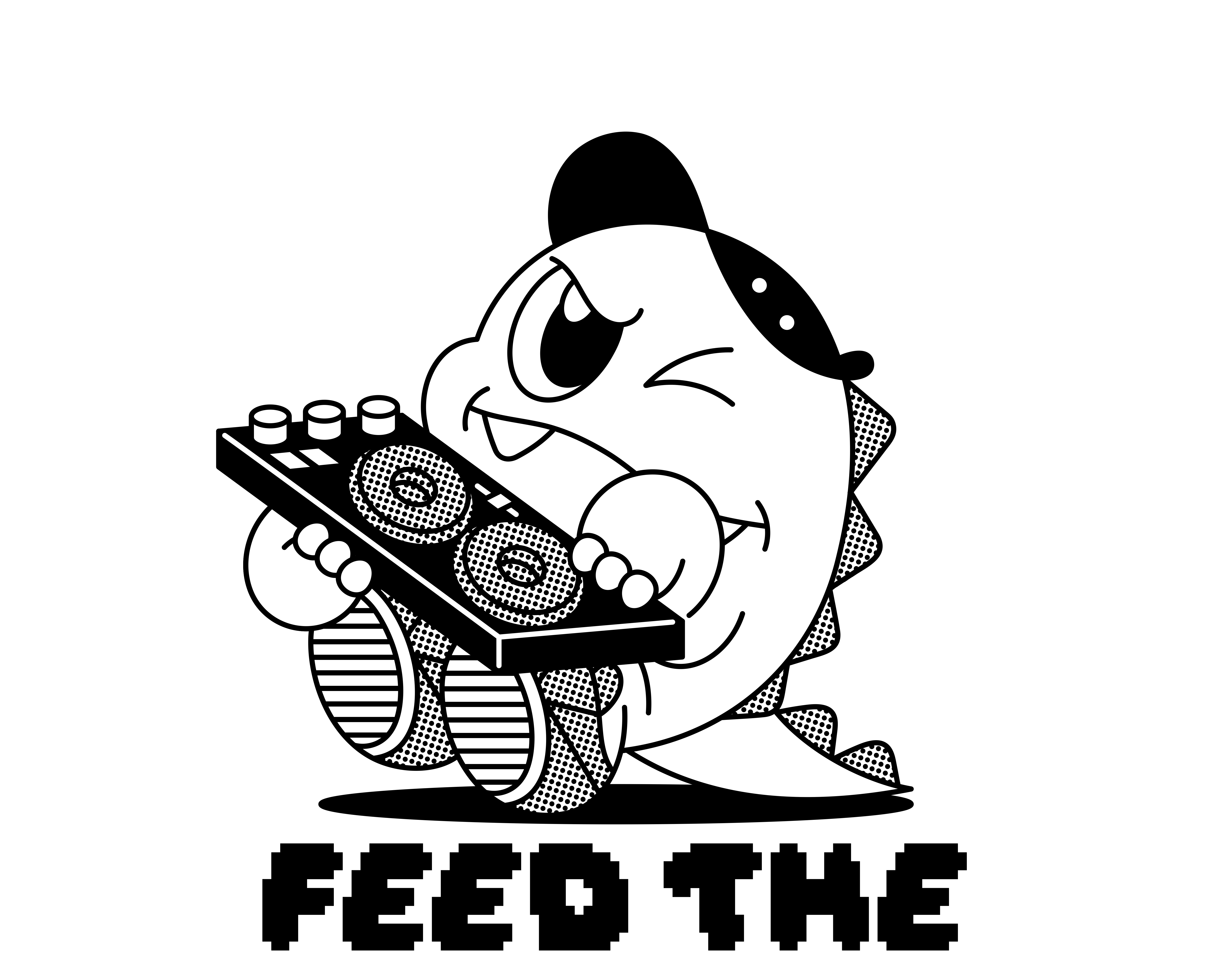13 Reviews by Roger Ebert for the 2025 Day4Empathy
We're giving the site back to Roger today. Here's why.

ROGER EBERT: JUNE 18, 1942 – APRIL 4, 2013
Roger famously said that movies are a machine that generates empathy. What he found fascinating about the images unfolding on the screen is that they allowed us to stand in the shoes and circumstances of a person or group unlike ourselves for two hours at a time. Sometimes the images on the screen caused him moral anguish. Sometimes they contributed to an emotional uplift. Whether or not he/we agreed with that person or group, we were able to gain an understanding of the details of a life that sometimes resulted in compassion for others. Some movies imparted a knowledge that carried us a bit further into the mysteries of life. Who are we? Why are we here? Where are we going? And who are the people who are sharing this journey with us. He loved the insights we gained through the movies.
Today we honor him once again with a takeover at RogerEbert.com, the movie review site we co-founded in 2012. He spent forty years of his life writing about movies professionally for the Chicago Sun-Times. Part of that time was also spent talking about movies on television with Gene Siskel and Richard Roeper. He quite simply loved movies. We can see it in his reviews.
Below we are presenting a selection of his reviews chosen by our editors and readers, accompanied by the full reviews being reprinted on the front page. Thank you for sending in your choices. We were not able to publish them all. Some will surprise you, as with the outrage expressed in “Kick-Ass.” Some you will remember vividly, such as Spike Lee’s “Do the Right Thing.” Others, like “The Tree of Life,” will help you recall his wonder with his life.
Perhaps we can publish more of your choices on Roger’s birthday, June 18. Or perhaps we should consider an occasional feature of his reviews. For today, however, let’s just enjoy.

Suggested by Chaz Ebert.
“Some of the advance articles about this movie have suggested that it is an incitement to racial violence. Those articles say more about their authors than about the movie. I believe that any good-hearted person, white or black, will come out of this movie with sympathy for all of the characters. Lee does not ask us to forgive them, or even to understand everything they do, but he wants us to identify with their fears and frustrations. “Do the Right Thing” doesn’t ask its audiences to choose sides; it is scrupulously fair to both sides, in a story where it is our society itself that is not fair.”

Suggested by Sandra Schulberg.
“All of this seeking, drinking, dancing and wrestling is centered on Tommy’s pain because his former girlfriend dumped him. The film comes to its epiphany in when he visits Theresa in the maternity ward, and apologizes for being a geek when he dated her, and cries and thinks maybe he could straighten out if he had a kid. Drunks always think that if they could fix all the things that are wrong, then they could stop drinking. It never occurs to them to stop drinking first.”

“Gamera: Guardian of the Universe“
Suggested by Assistant Editor Clint Worthington: One of the things I loved most about Roger was his unending capacity for meeting films where they’re at; here, with the ninth “Gamera” film of all things, he waxes poetic on the “learning process that moviegoers go through” as they mature. How we begin our film-loving lives loving nonsense, “growing up” to prefer more mature fare, then, as we let go of our pretensions and hangups, turn right back around to the charm and childlike wonder of what we used to adore.
“There’s a learning process that moviegoers go through. They begin in childhood without sophistication or much taste, and for example, like “Gamera” more than “Air Force One” because flying turtles are obviously more entertaining than United States presidents. Then they grow older and develop “taste,” and prefer “Air Force One,” which is better made and has big stars and a more plausible plot. (Isn’t it more believable, after all, that a president could single-handedly wipe out a planeload of terrorists than that a giant turtle could spit gobs of flame?) Then, if they continue to grow older and wiser, they complete the circle and return to “Gamera” again, realizing that while both movies are preposterous, the turtle movie has the charm of utter goofiness–and, in an age of flawless special effects, it is somehow more fun to watch flawed ones.”

Suggested by Associate Editor Robert Daniels: To me, it’s the perfect example of Roger’s ability to not just tell you about a film’s emotions, but to translate those feelings into tangible words and examples through his own memories. Roger very often understood what makes us quintessentially human, and how the movies themselves reflect our existence; and here, using a filmmaker’s debut narrative feature, he invests his personal complexities into a film whose own depth might’ve been flattened by a lesser critic. You walk away from this review knowing more about the film, about Roger, and about yourself, while becoming enamored with an exciting new voice in Ava DuVernay. Roger’s ability to harness emotion is how, like with this review, he was able to pull off a difficult critical feat by writing a review that is both a snapshot of a moment and an enduring testament to a great work.
“We’re familiar with the five stages of grief. Denial, Anger, Bargaining, Depression and Acceptance. Are there also stages of mourning? One of them might be Blame. We feel it’s wrong for a person to die, and we want someone or something to blame. It must be someone’s fault. By living with Amanda and sharing her feelings, Maye has accepted her death. But as her daughter, Fran feels closed out and blames the “favorite niece.” A lifetime of resentment wells up in a powerful scene between the two women.”

Suggested by Editor-at-Large Matt Zoller Seitz: This is a classic Roger Ebert review on many levels. First of all, the prose: you can tell when Roger really loves a movie because he waxes lyrical and almost turns the plot description part of the review into a kind of short story about the movie. (You can tell he’d read Raymond Carver.) Second, the understanding of people who are their own worst enemies, which is true of everybody to some degree, but more so for the hero of “The Pledge.” Third, he’s offering words of encouragement to Sean Penn as a director as well as to all of the actors who’ve worked with him. “The Pledge” has been growing in esteem ever since it came out, but it was not considered a success on first release. Roger deserves a share of the credit for his review of the film, which surely sparked people to check it out that otherwise would have never heard of it.
“The character of Jerry here is not merely a good cop, but a retired man, an older man, a man possessed by a fixed idea. He is able at one level to exude charm and stability (one reason the younger woman likes him is that he offers calm and strength after her violent marriage). But we sense deeper, darker currents, and issues he isn’t fully aware of himself. By the end of “The Pledge,” the suspense hinges mostly on Jerry, and the solution of the crime is a sideshow. It is here that Nicholson’s skill is most needed, and most appreciated: He has to show us a man who has embarked on a terrifying and lonely quest into the unknown places of his mind.”

“Smoke“
Suggested by Contributing Editor Nell Minow: In some movies, it seems that nothing much happens, but when you stop looking for chases, MacGuffins, misunderstandings, romance, or shocking plot twists, you see that those quiet films made up of small details are about everything. It was reviews like this one from Roger that made me begin to appreciate those films. He tells us that what might look like a movie about people who are the same at the end as they are in the beginning asks us to pay attention to “these people wandering lost through their lives.”
““Smoke” is a beguiling film about words, secrets and tobacco. It takes place among lonely men and a few women who build a little world in the middle of a big city, a world based on sadness, secrets, killing time and enjoying a good smoke. Like a few other recent, brave movies, it places trust in the power of words: These people talk, weaving pipe dreams into what they need to get by.”

Suggested by Scott Dummler: Although Roger wrote a wonderful review of House of Games in 1999 for his Great Movies series, it’s his original print review from 1987 that stands out to me. Roger starts the review with an absolute banger of a line: “This movie is awake.” He goes on to expertly dance along the fine line of describing a movie his readers have yet to see, without spoiling the numerous twists and turns it would become known for. And Roger finishes the review with a stunning personal anecdote that would feel right at home as a scene in a Mamet script. One Pulitzer winner writing about another. It doesn’t get much better.
“This movie is awake. I have seen so many films that were sleepwalking through the debris of old plots and second-hand ideas that it was a constant pleasure to watch “House of Games,” a movie about con men that succeeds not only in conning the audience, but also in creating a series of characters who seem imprisoned by the need to con, or be conned.”

“Me and You and Everyone We Know“
Suggested by Contributor Marya E. Gates: I particularly love this line, “It’s a comedy about falling in love when, for you, love requires someone who speaks your rare emotional language.” It’s a movie that is ahead of its time in terms of the way we talk about relationships, and particularly what makes them work psychologically and emotionally. I love that in his review Roger Ebert was able to discern that and to take the movie for what it is at its core: a love letter to the messier sides of building human relationships.
“Miranda July‘s “Me and You and Everyone We Know” is a film that with quiet confidence creates a fragile magic. It’s a comedy about falling in love when, for you, love requires someone who speaks your rare emotional language. Yours is a language of whimsy and daring, of playful mind games and bold challenges. Hardly anybody speaks that language, the movie suggests — only me, and you, and everyone we know, because otherwise we wouldn’t bother knowing them.”

Suggested by Contributor Isaac Feldberg, who notes this passage:
“It has qualities that may not come out in a trailer or in an ad but sink in when you have the experience of seeing it. Few films are so observant about how we relate with one another. Few are as sympathetic.”

“Magnolia“
Suggested by a reader (username Danél Griffin).
““Magnolia” is the kind of film I instinctively respond to. Leave logic at the door. Do not expect subdued taste and restraint, but instead a kind of operatic ecstasy. At three hours it is even operatic in length, as its themes unfold, its characters strive against the dying of the light, and the great wheel of chance rolls on toward them.”

Suggested by EbertDigital VP of Development Sonia Evans: “Love Jones” for me contains a raw portrayal of emotional vulnerability and human connection that resonates as authentic. Roger praised “Love Jones” for being “frankly romantic and erotic and smart.” However, “Love Jones” is not just about romance, it’s about truly seeing and understanding another person. I find it admirable that the film doesn’t offer a fairytale love story but instead presents love as a process that requires deep emotional intelligence along with patience and forgiveness: all markers of true empathy. I went to middle school in Naperville, Illinois with Theodore (Ted) Witcher, the director of the film, so I can honestly say I didn’t expect this slice of life from his directorial debut. It was such a pleasant surprise to see this beautiful tale between Black professionals play out on the big screen. Nia Long, Larenz Tate and all the others deserved many accolades for their performances, and I can’t forget the soundtrack, which was iconic and helped to cement the films legacy.
““Love Jones” is a love story set in the world of Chicago’s middle-class black artists and professionals–which is to say, it shows a world more unfamiliar to moviegoers than the far side of the moon. It is also frankly romantic and erotic and smart. This is the first movie in a while where the guy quotes Mozart, and the girl tells him he’s really thinking of Shaw.”

“Kick-Ass“
Suggested by a reader (username MusicMan): I know that seems a weird choice but stay with me a moment. The film has no empathy for any of its characters at all. But his review demonstrates his experience of empathy that arose in watching this horrible film.
That he found empathy in a film that had none speaks volumes about the kind of person Ebert was.
“Shall I have feelings, or should I pretend to be cool? Will I seem hopelessly square if I find “Kick-Ass” morally reprehensible and will I appear to have missed the point? Let’s say you’re a big fan of the original comic book, and you think the movie does it justice. You know what? You inhabit a world I am so very not interested in. A movie camera makes a record of whatever is placed in front of it, and in this case, it shows deadly carnage dished out by an 11-year-old girl, after which an adult man brutally hammers her to within an inch of her life. Blood everywhere. Now tell me all about the context.”

Suggested by Managing Editor Brian Tallerico.
“Terrence Malick’s “The Tree of Life” is a film of vast ambition and deep humility, attempting no less than to encompass all of existence and view it through the prism of a few infinitesimal lives. The only other film I’ve seen with this boldness of vision is Kubrick’s “2001: A Space Odyssey,” and it lacked Malick’s fierce evocation of human feeling. There were once several directors who yearned to make no less than a masterpiece, but now there are only a few. Malick has stayed true to that hope ever since his first feature in 1973.”




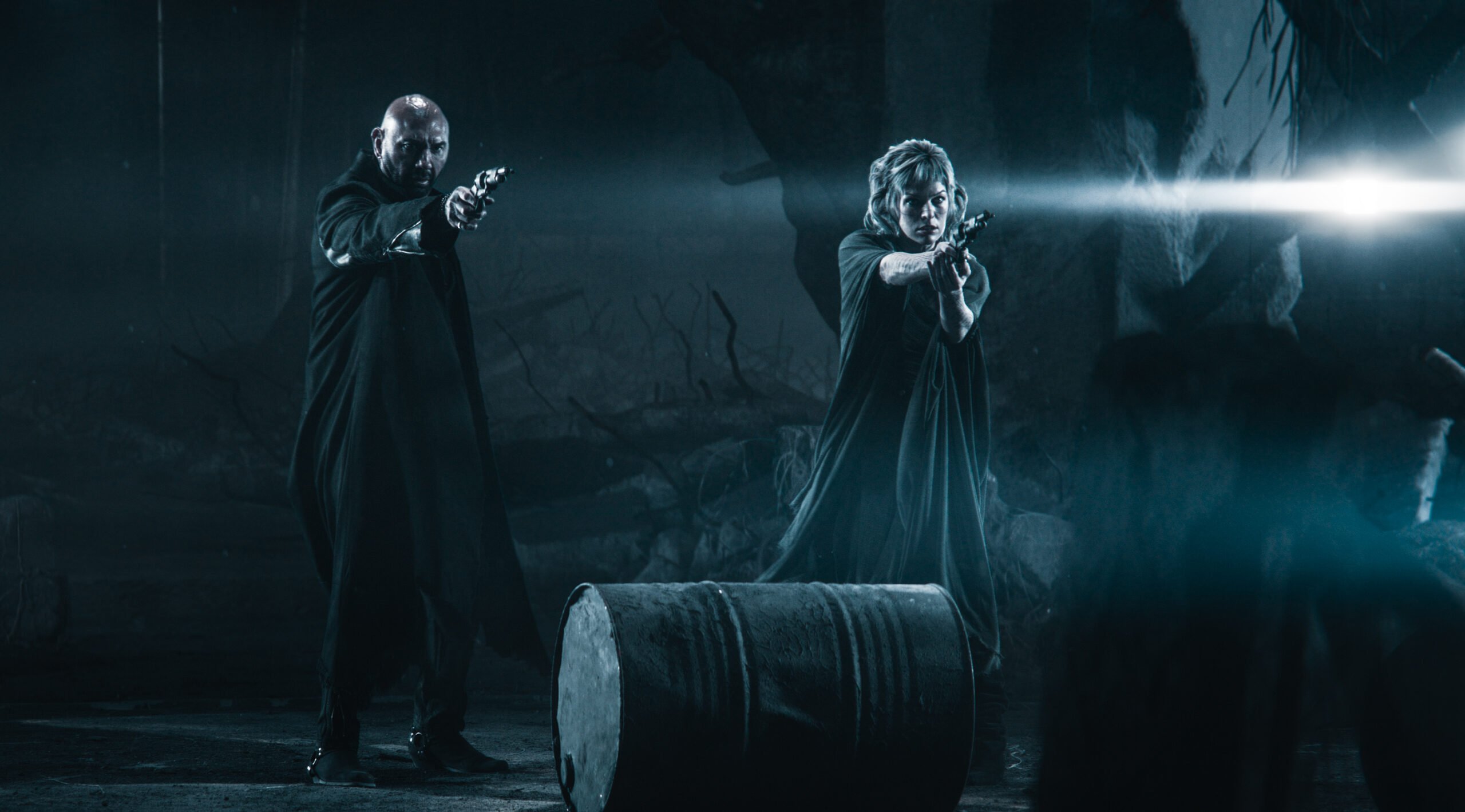












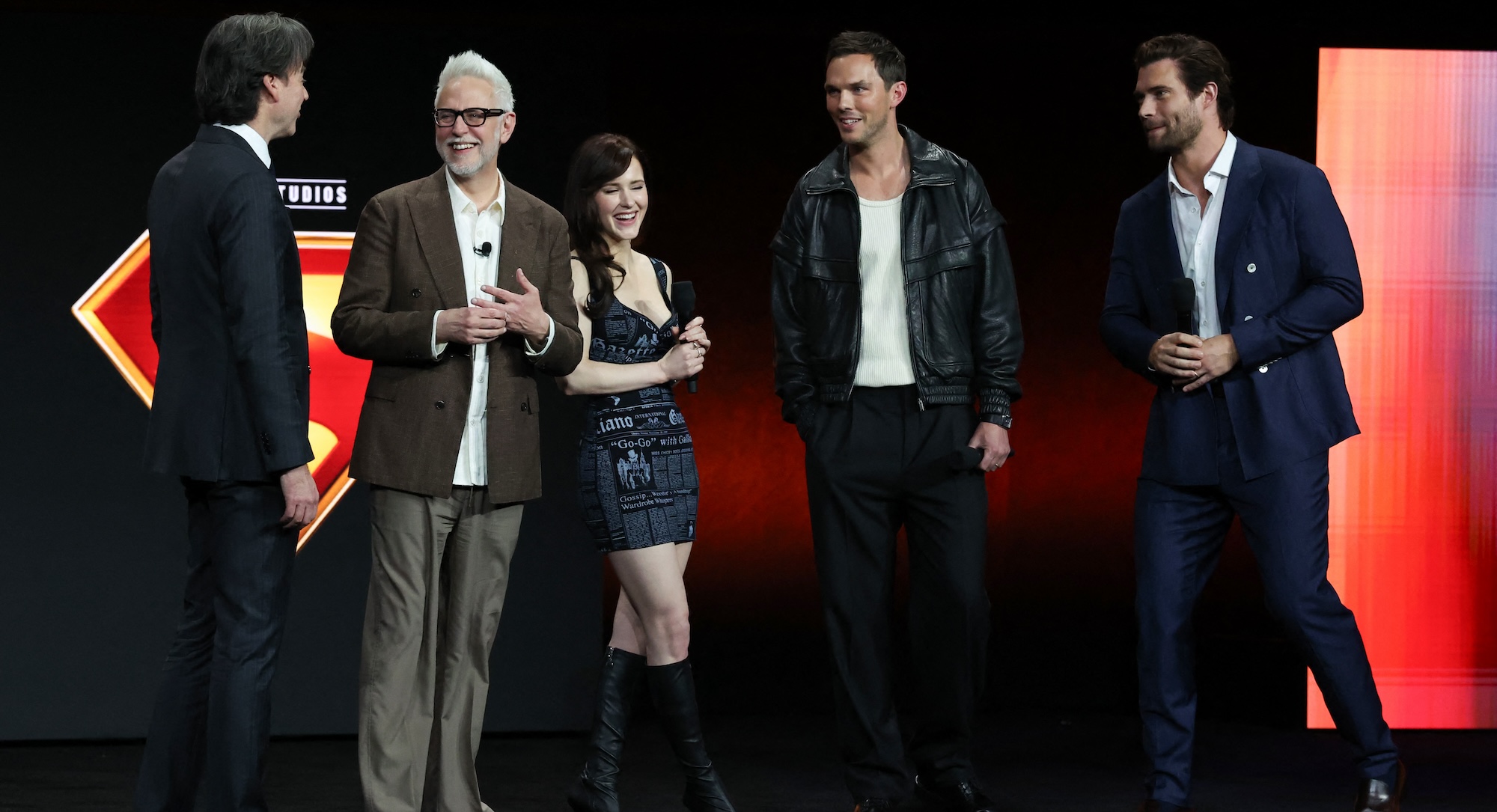
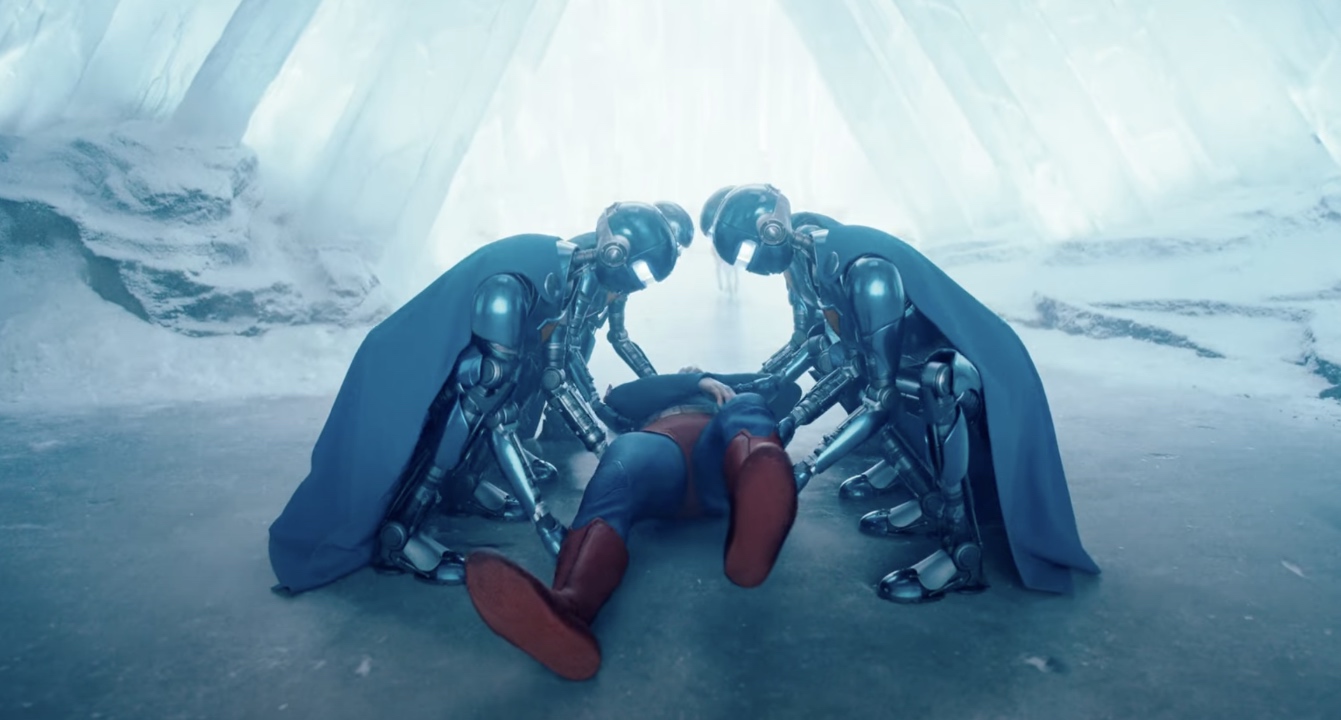

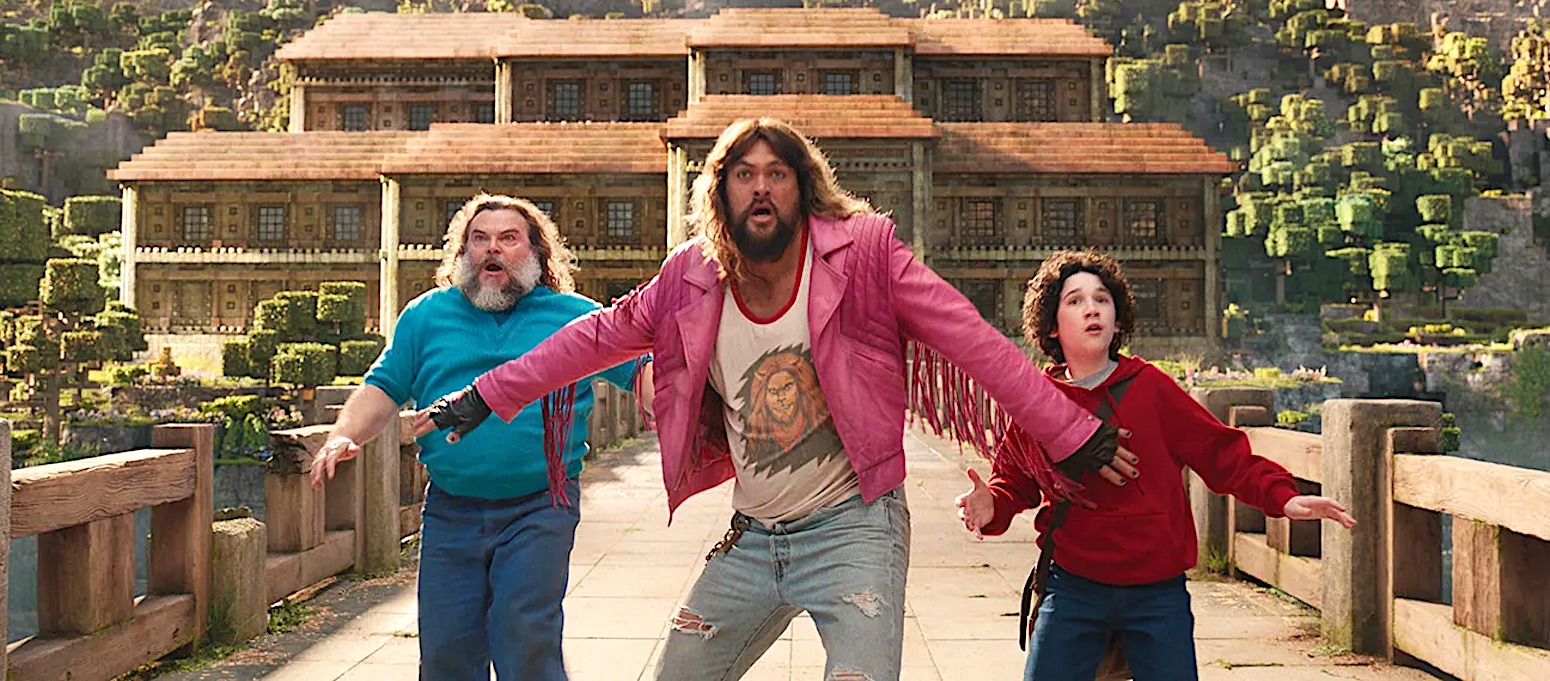
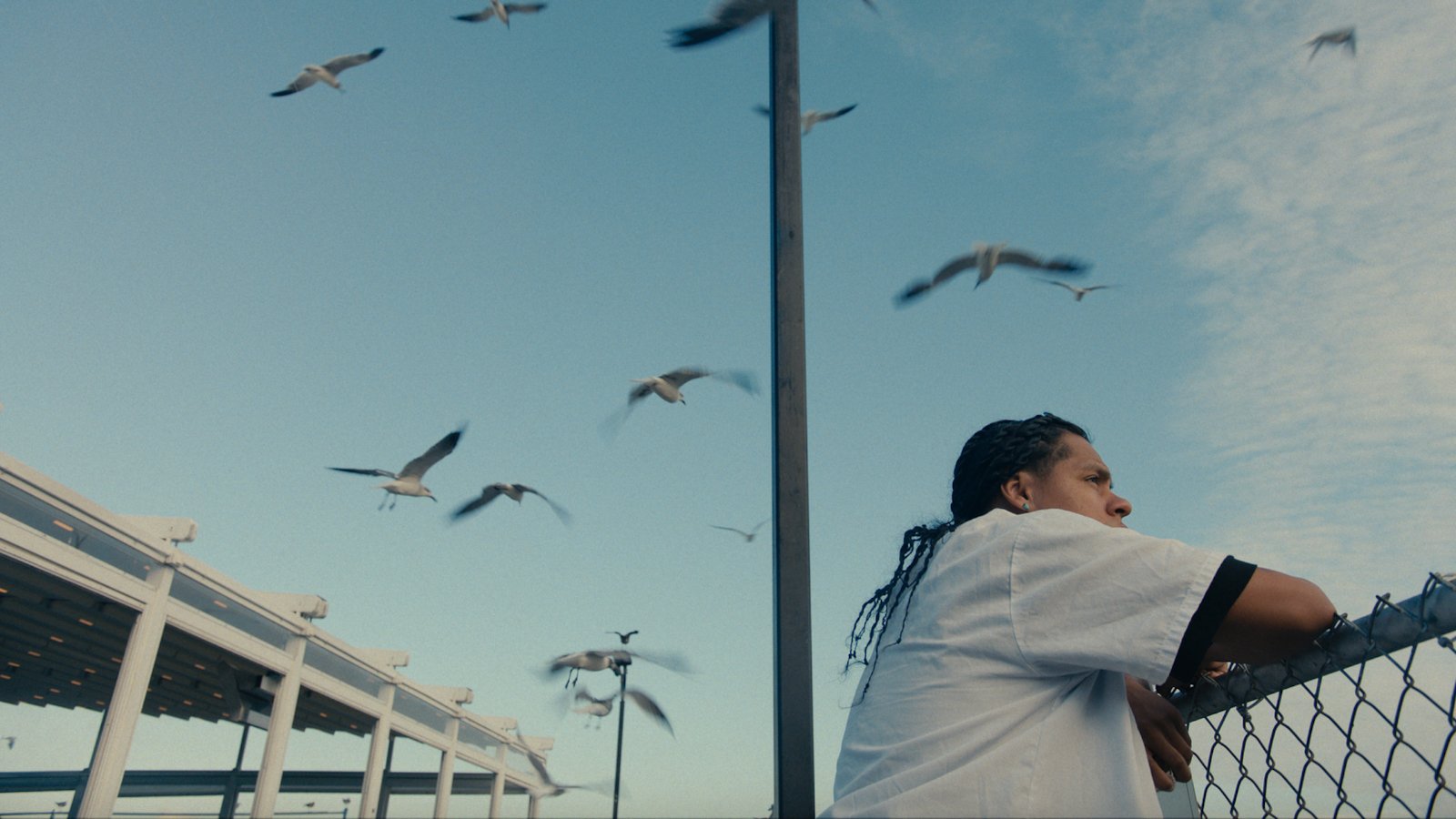



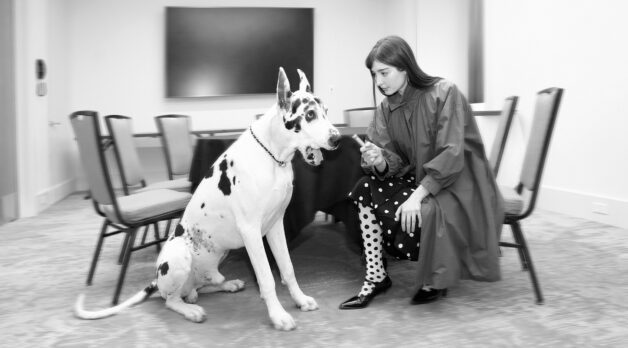
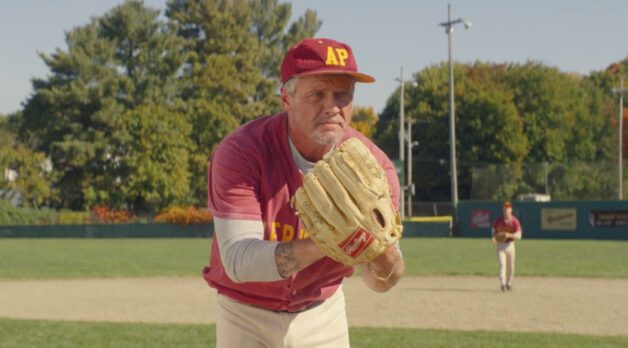















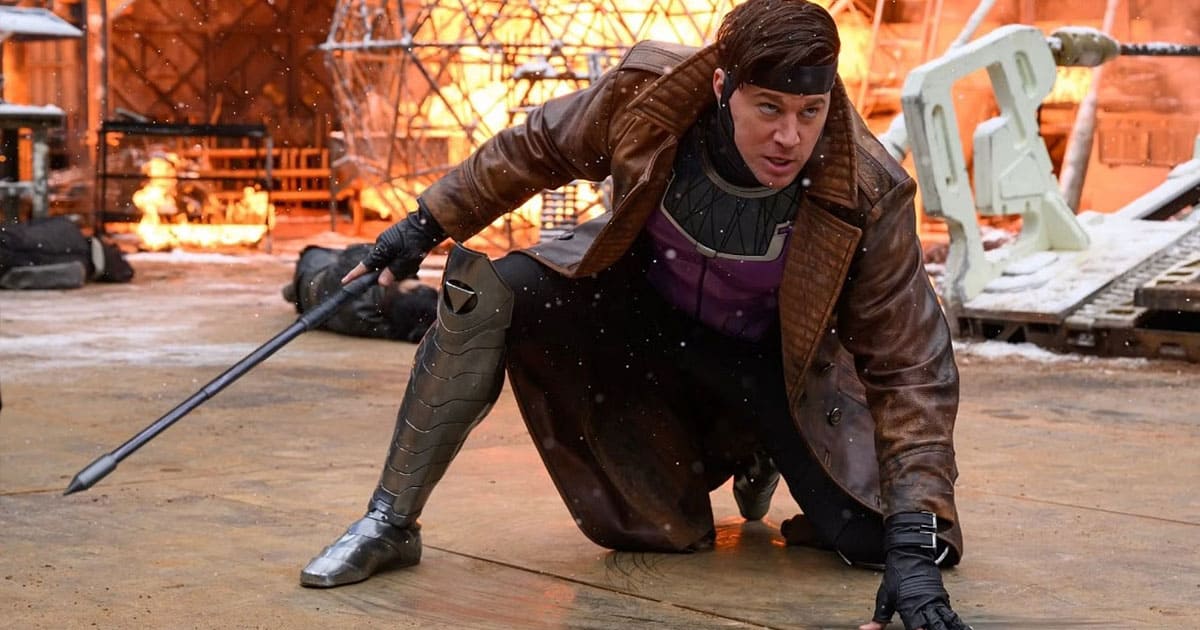
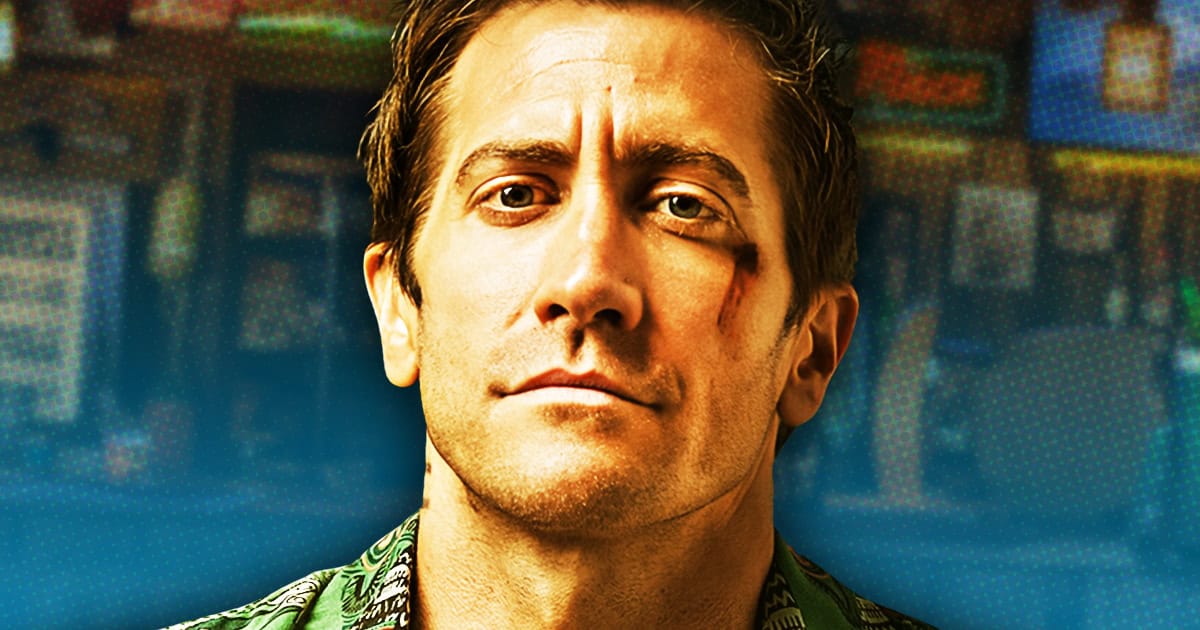



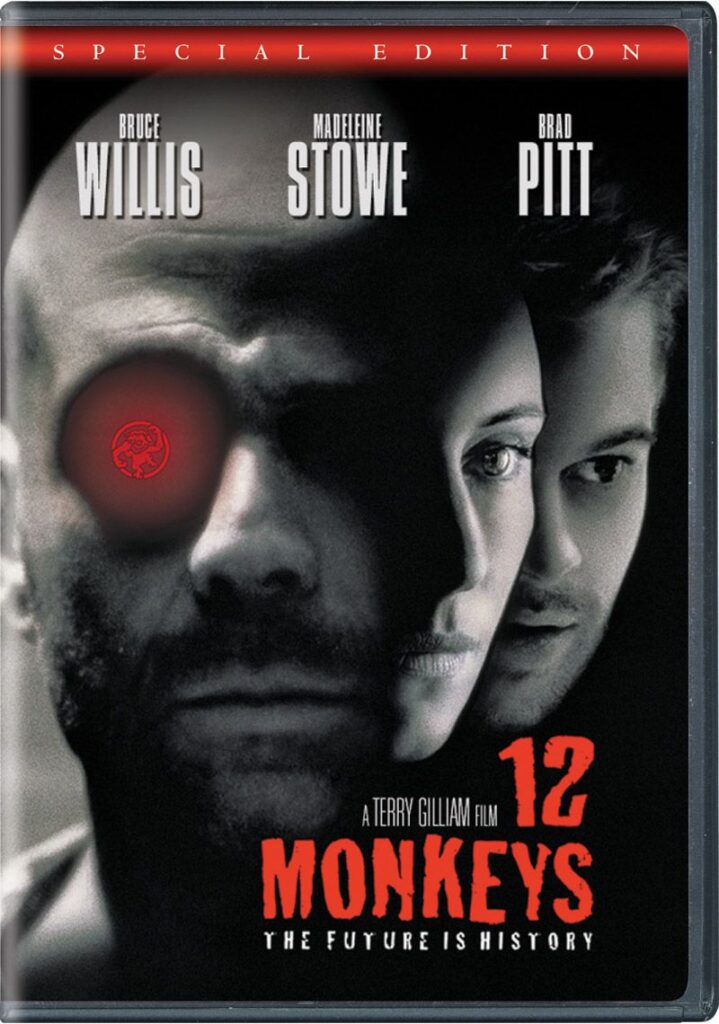
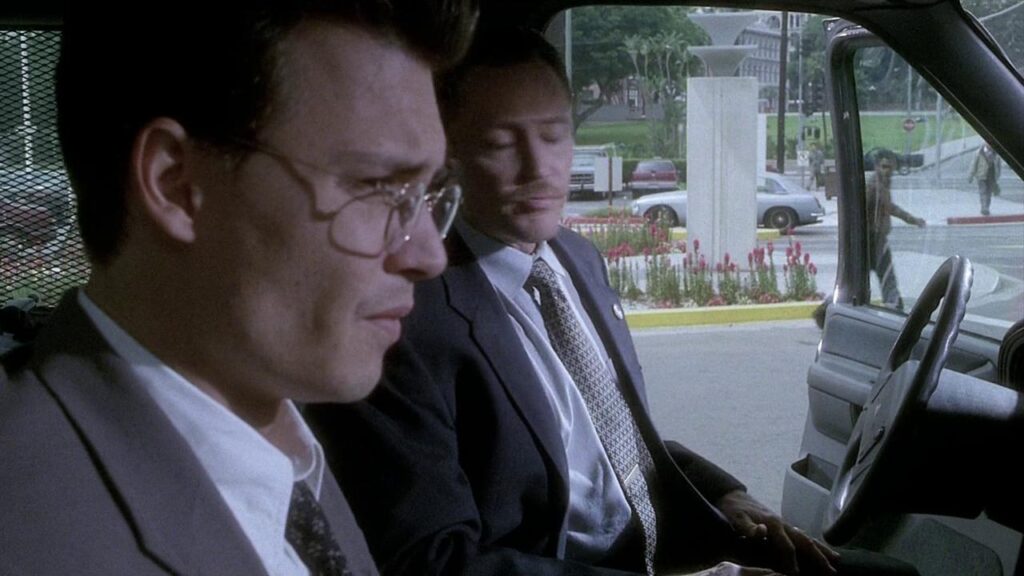
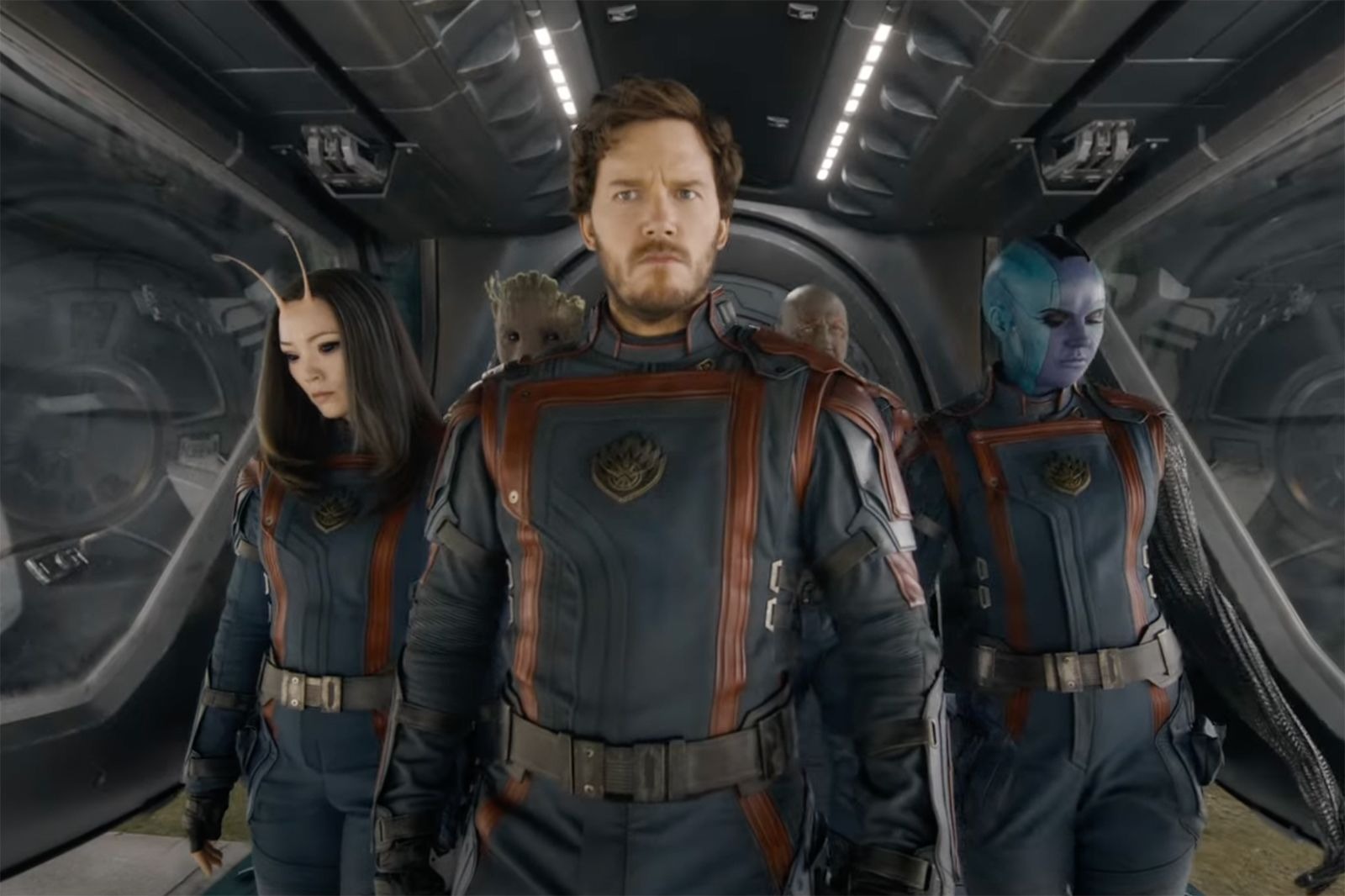
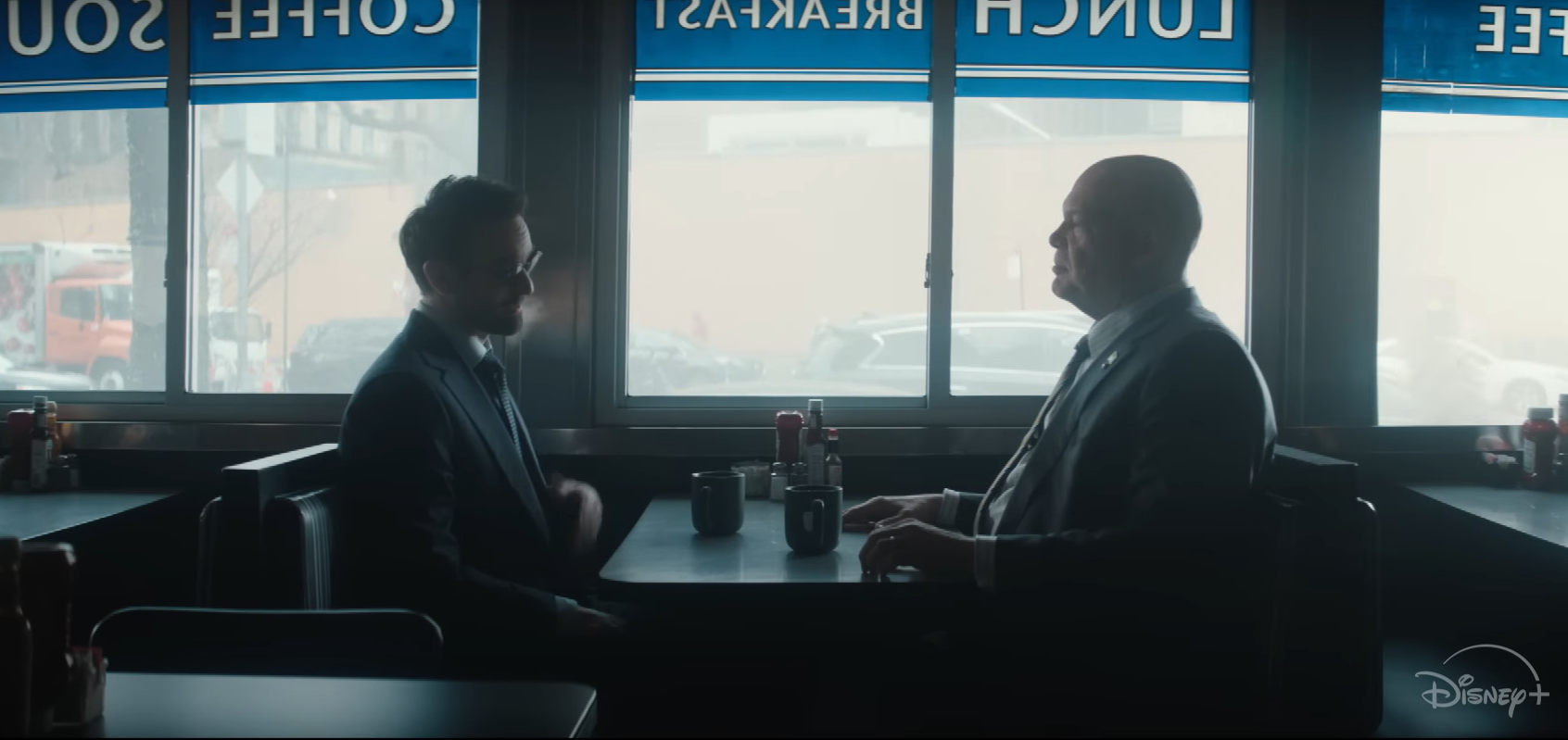
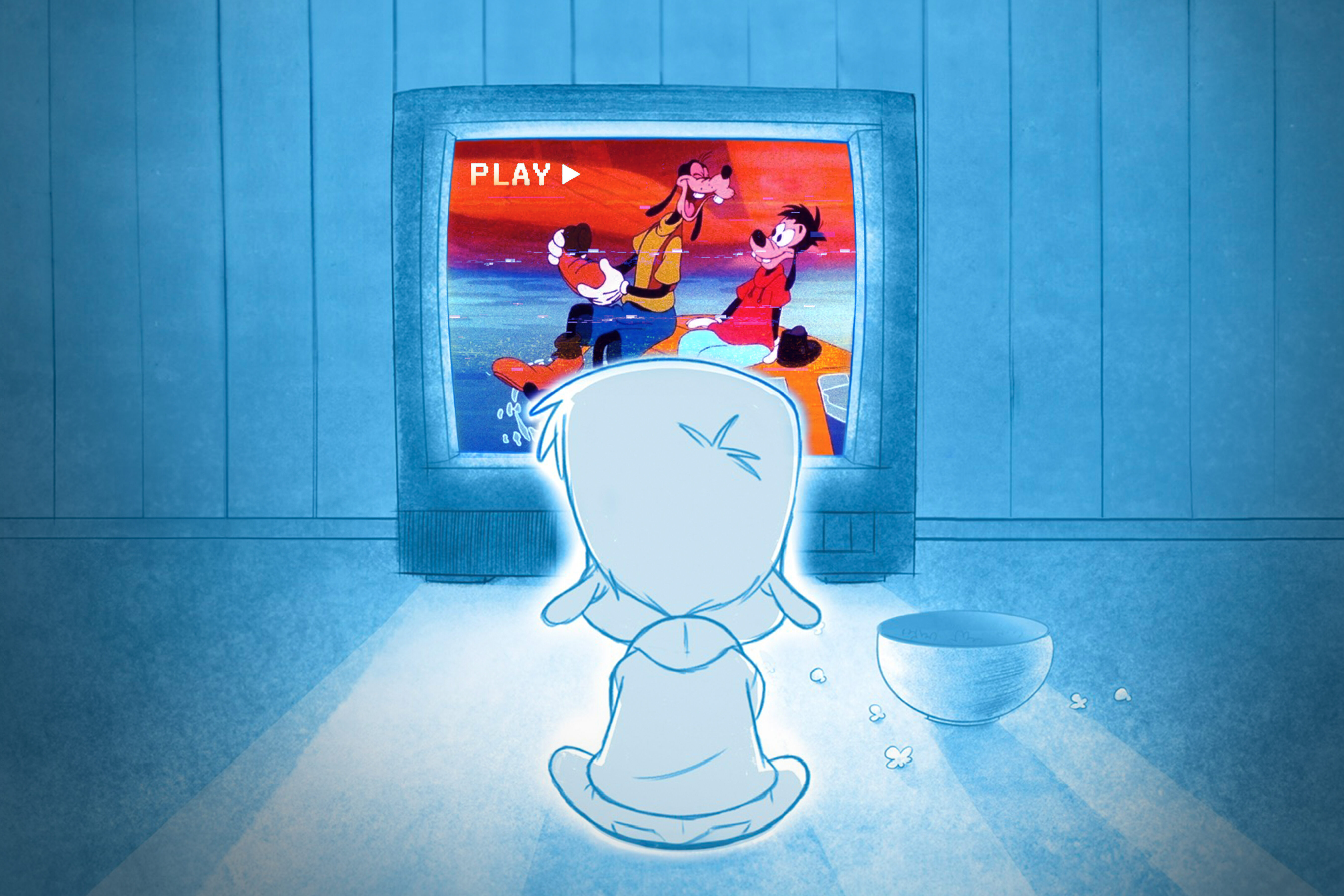




















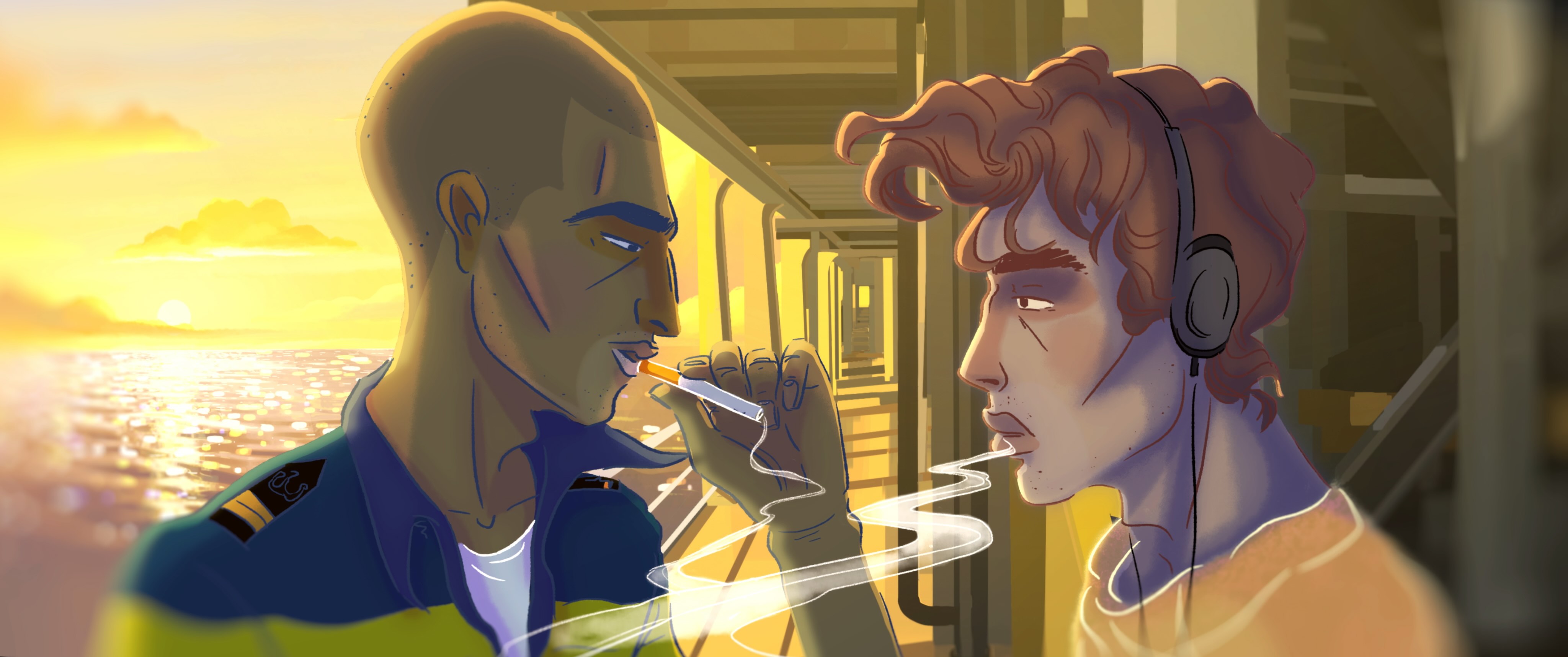



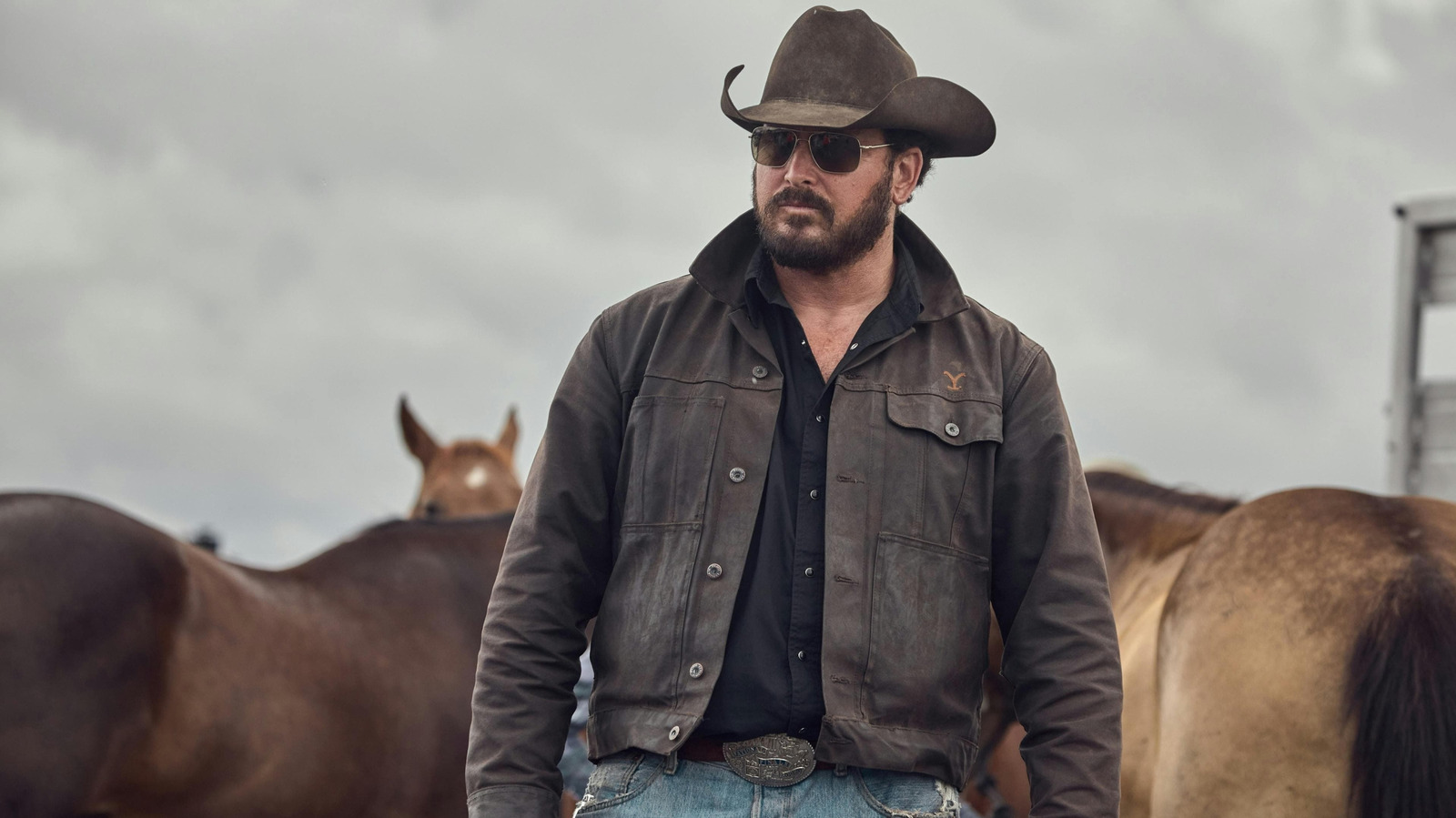
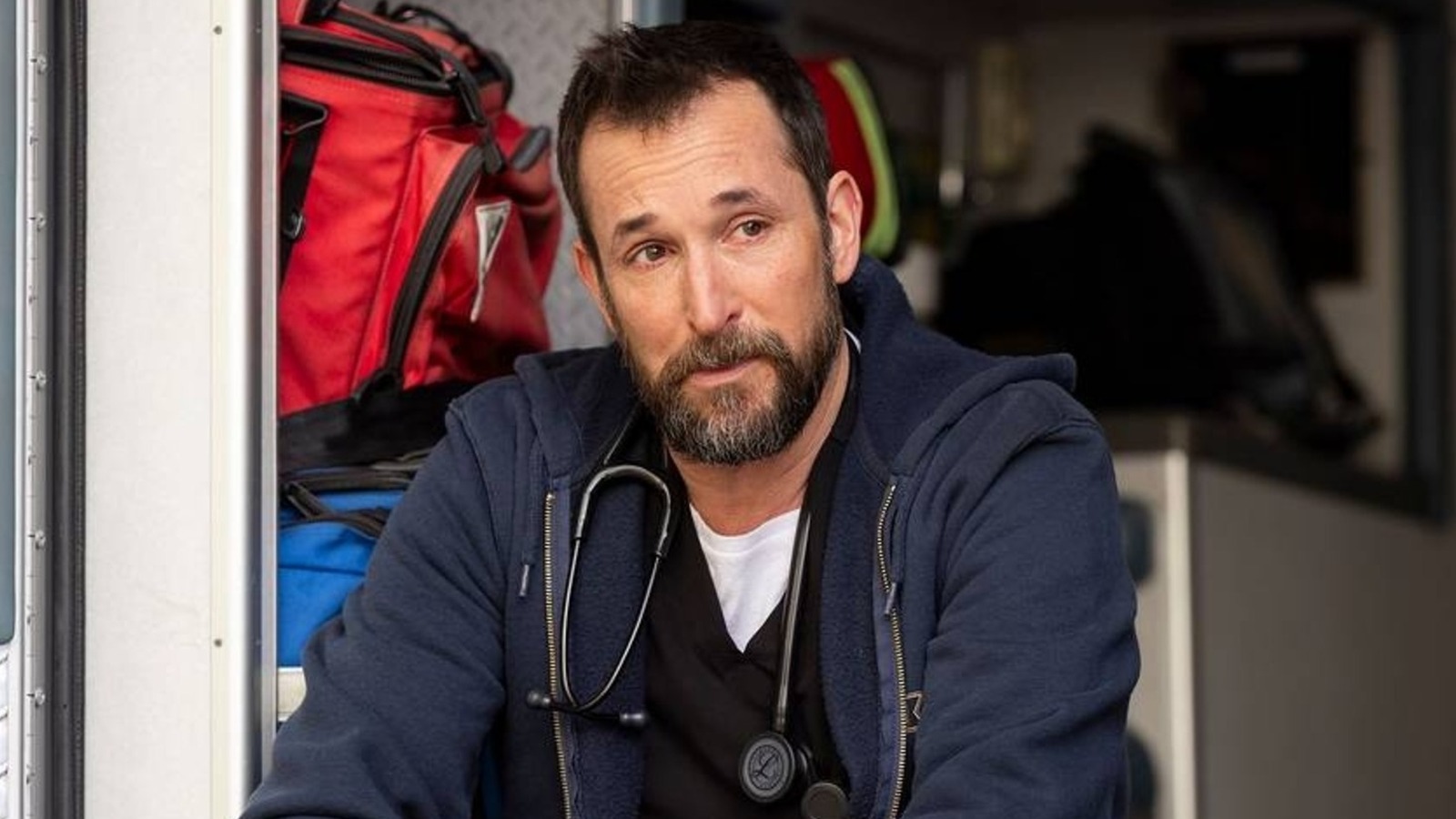
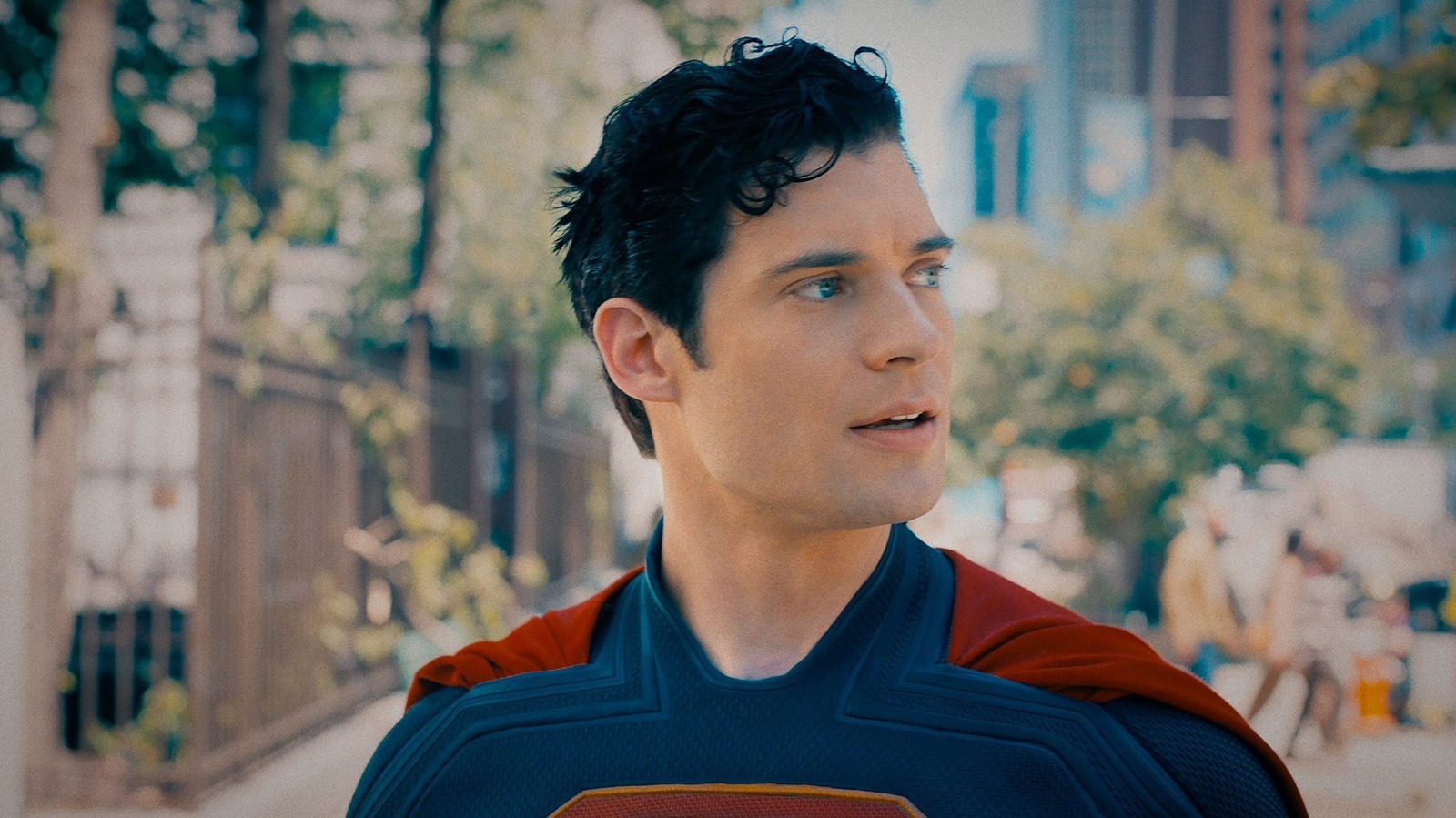
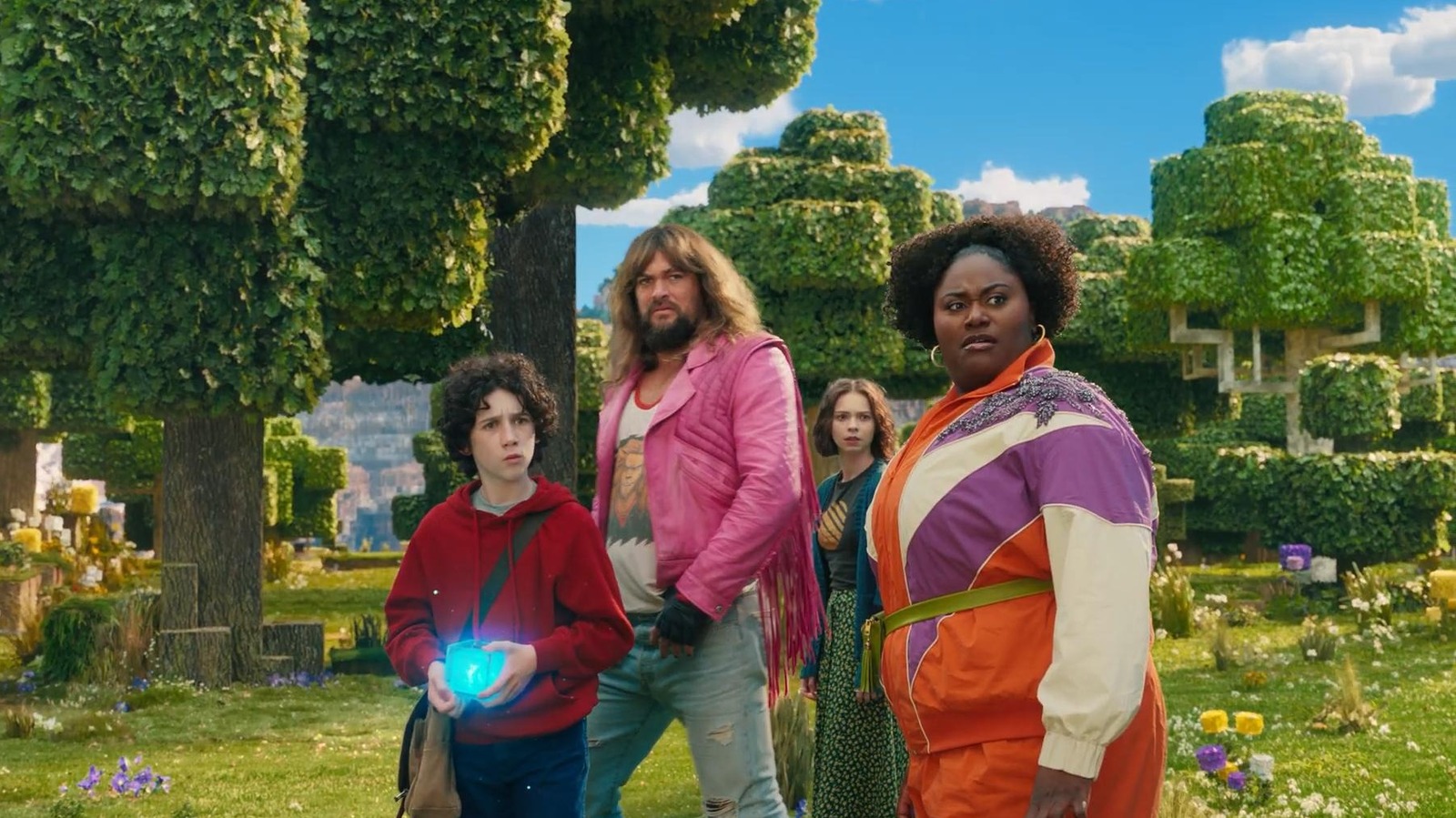






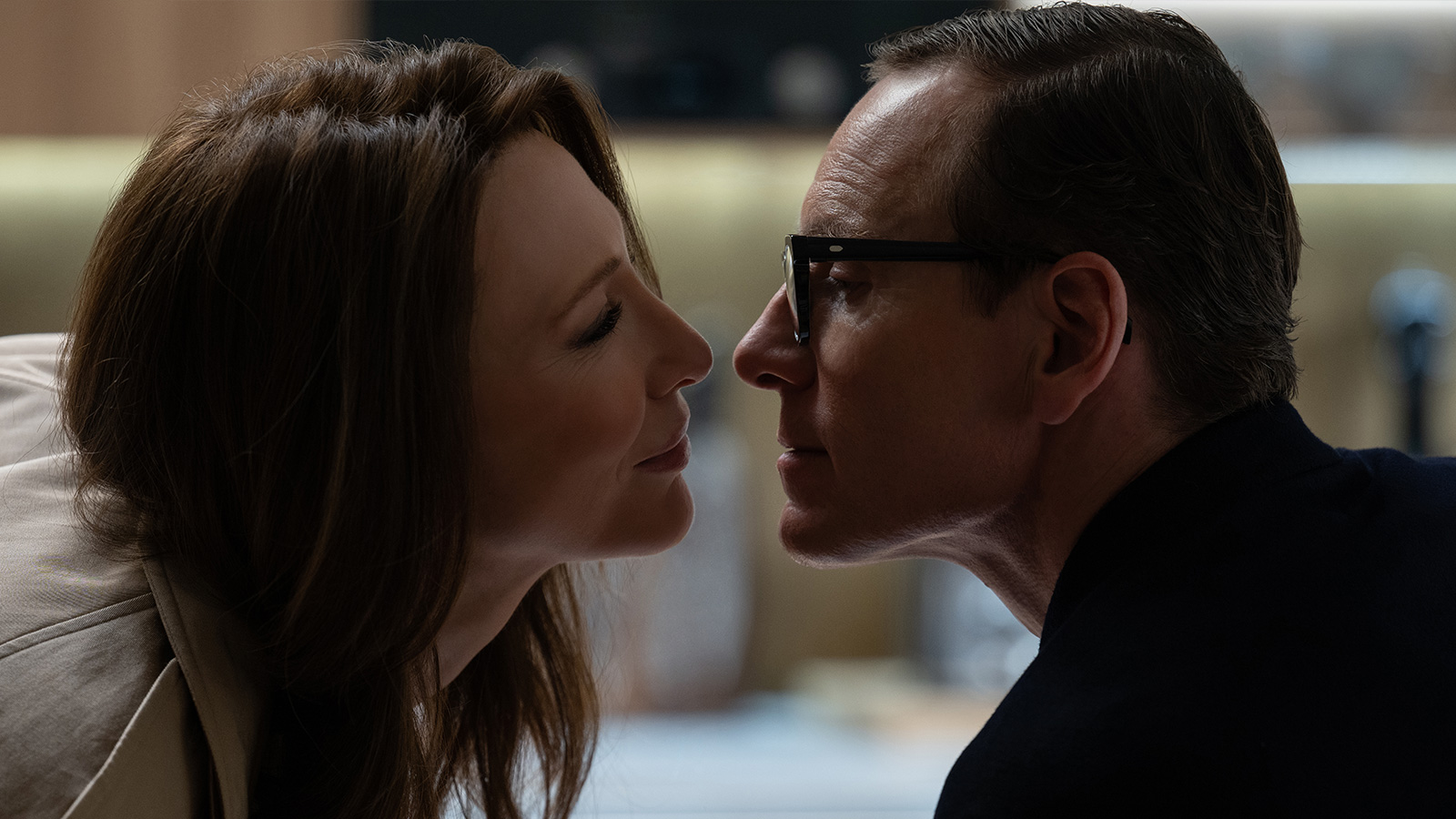

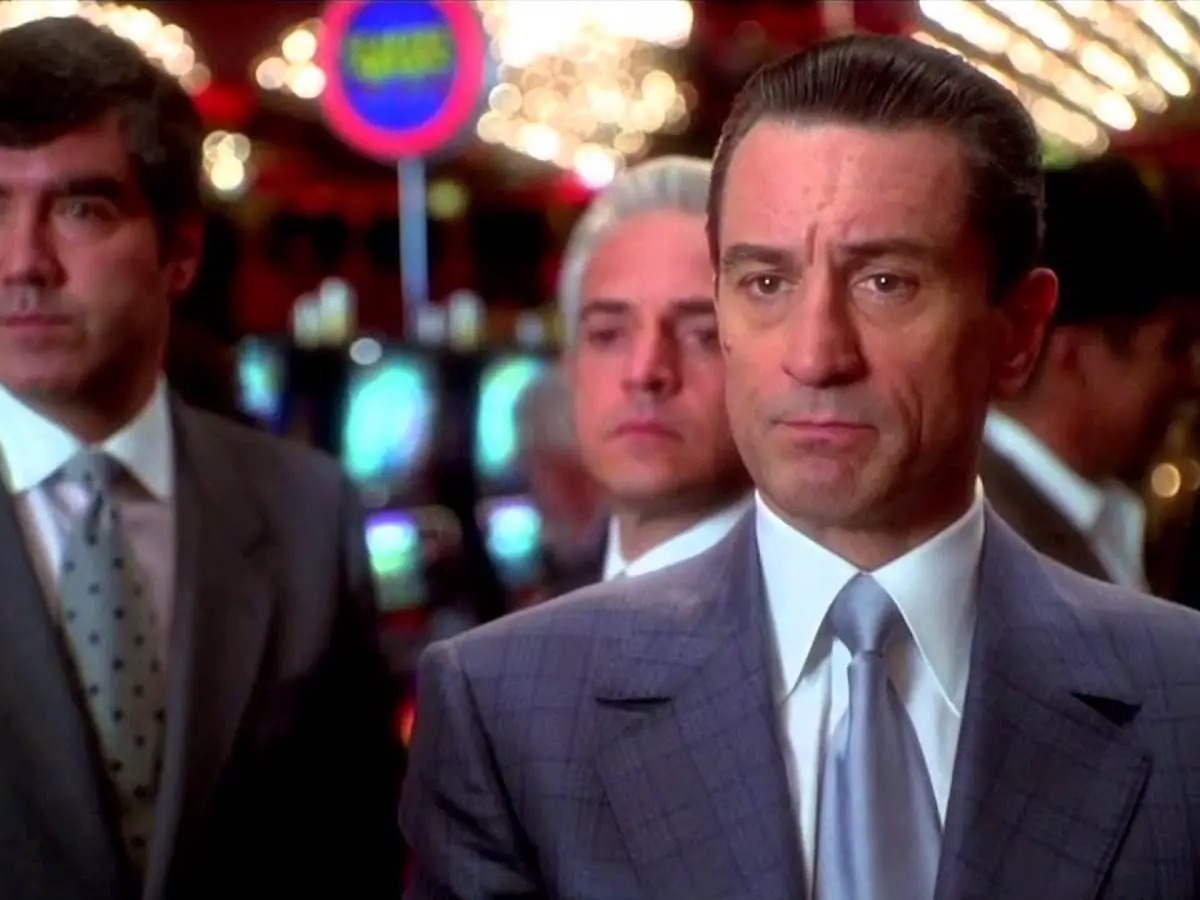



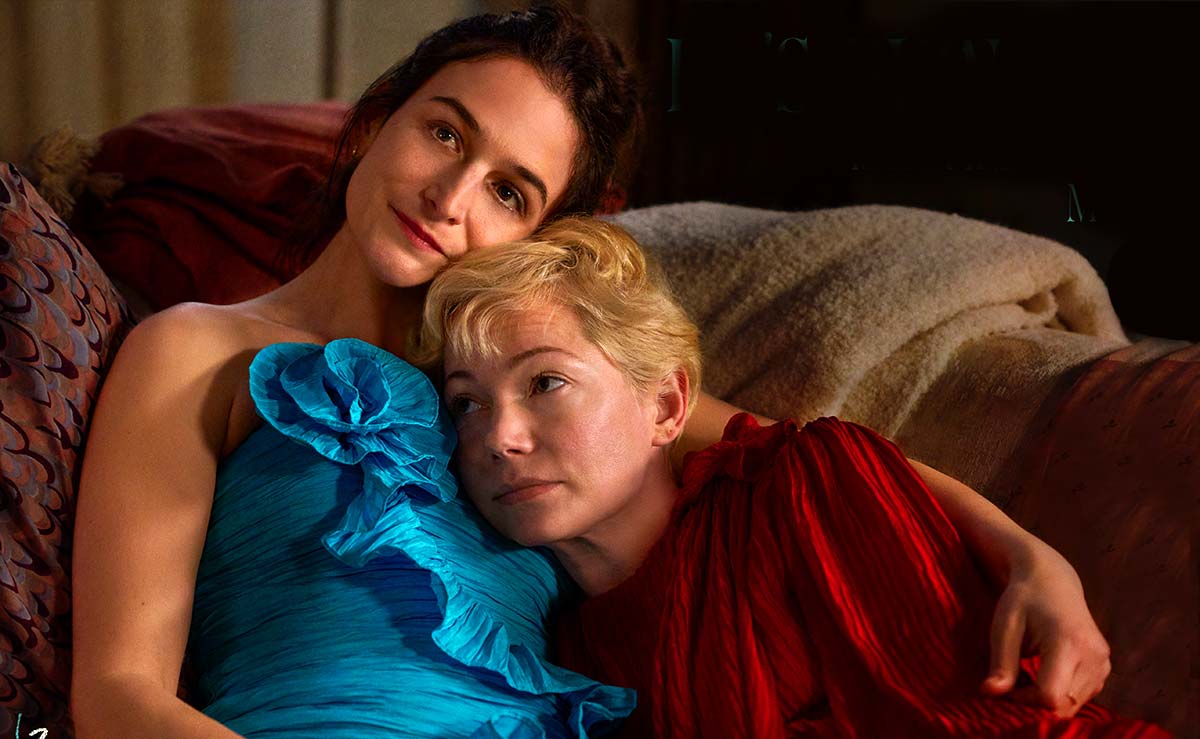
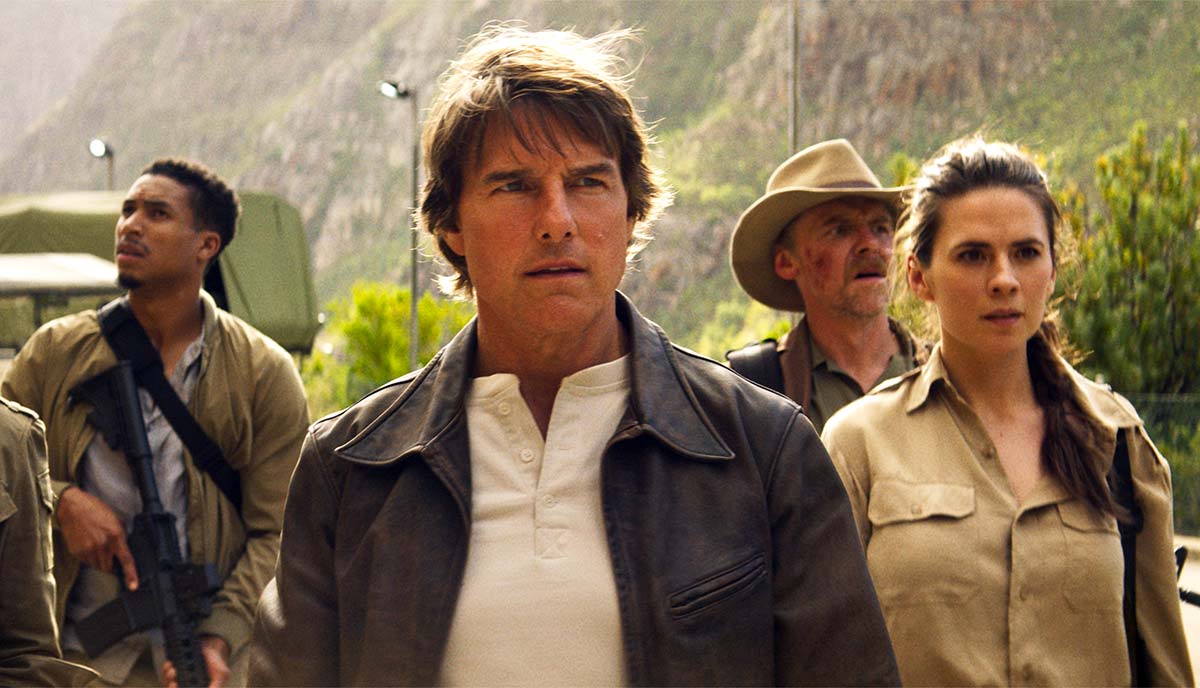
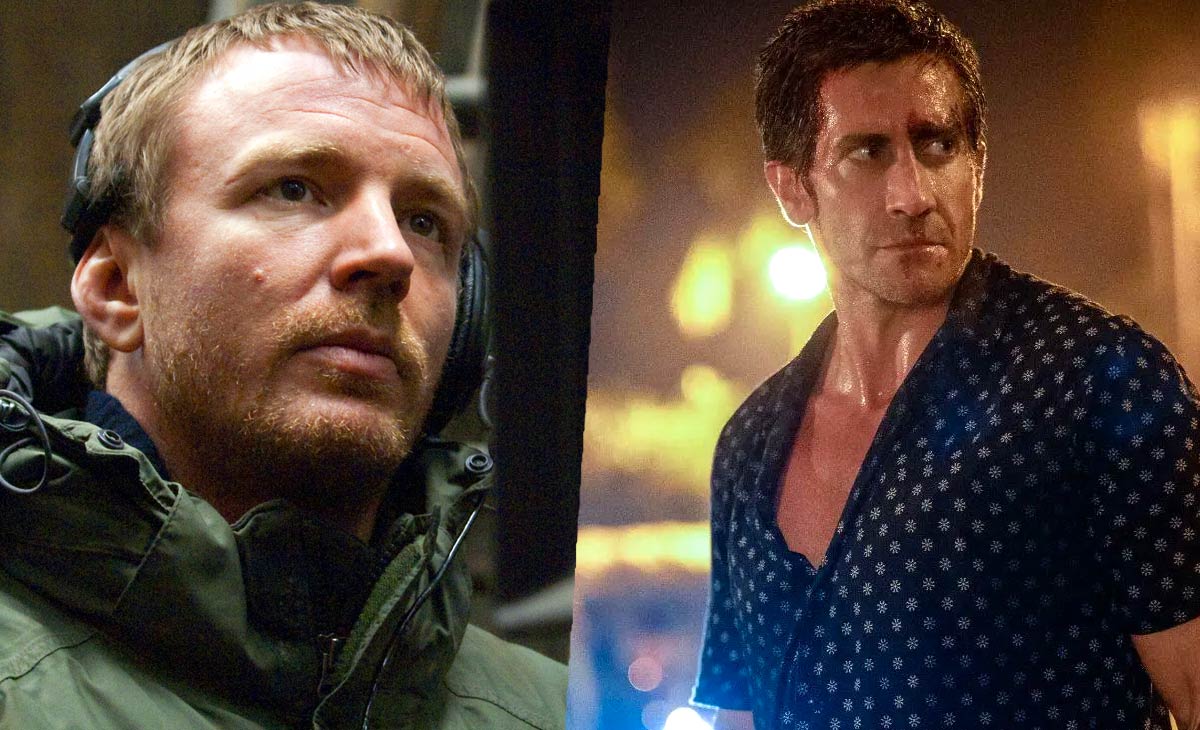

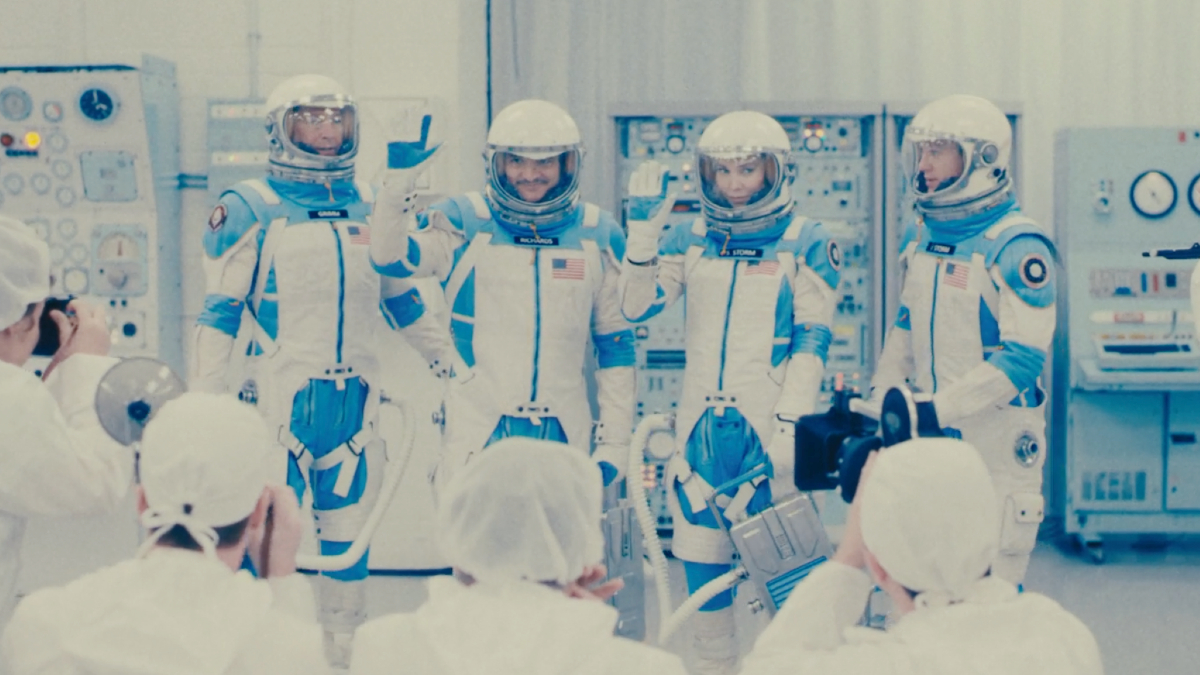


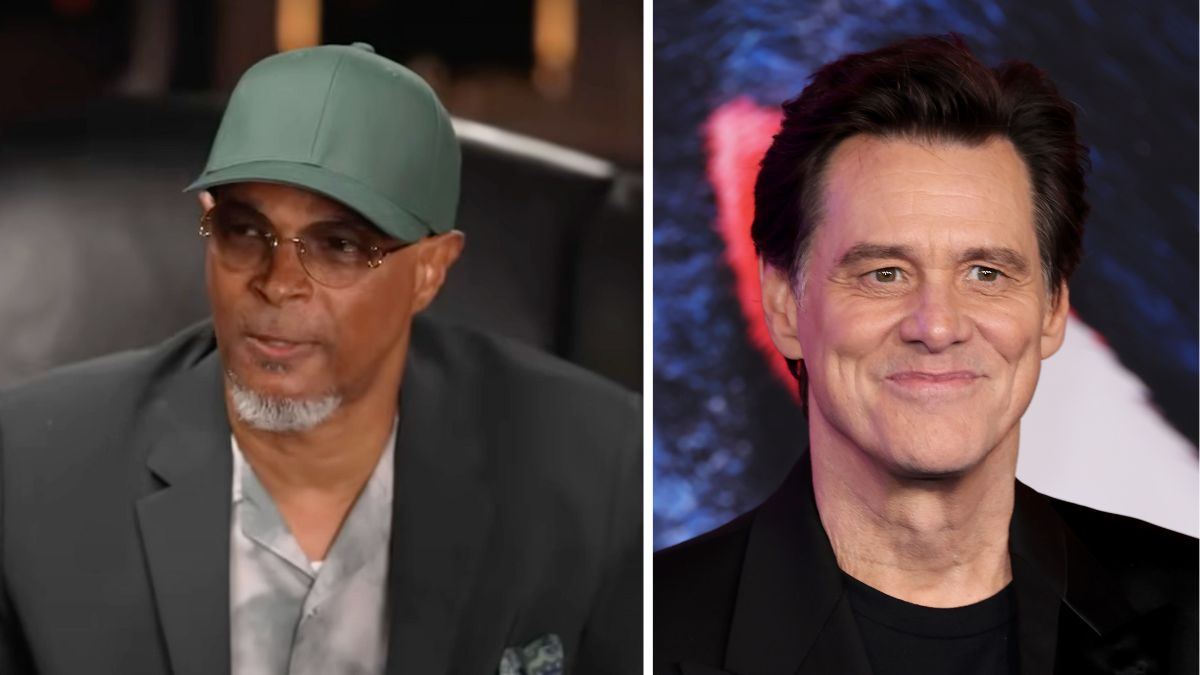






































































































![American Airlines Passenger Spotted Texting Women Saved as ‘Lovely Butt’ And Another, ‘Nice Rack’ [Roundup]](https://viewfromthewing.com/wp-content/uploads/2025/04/american-airlines-passenger-texting.jpg?#)






















-Nintendo-Switch-2-–-Overview-trailer-00-00-10.png?width=1920&height=1920&fit=bounds&quality=80&format=jpg&auto=webp#)














































































































